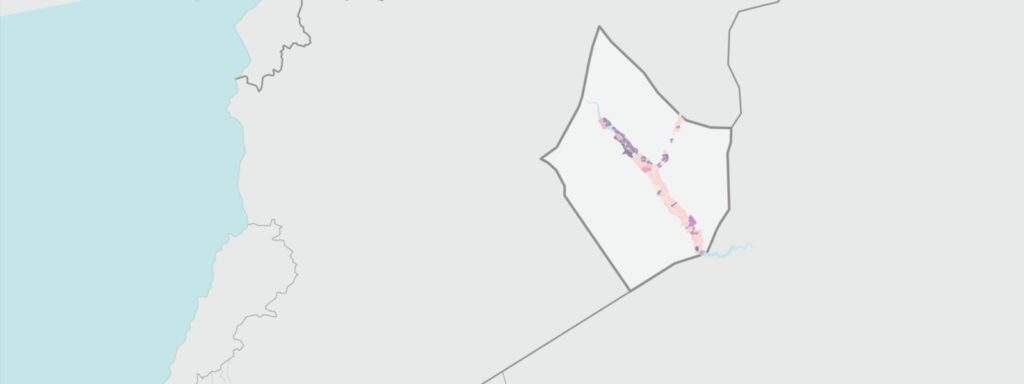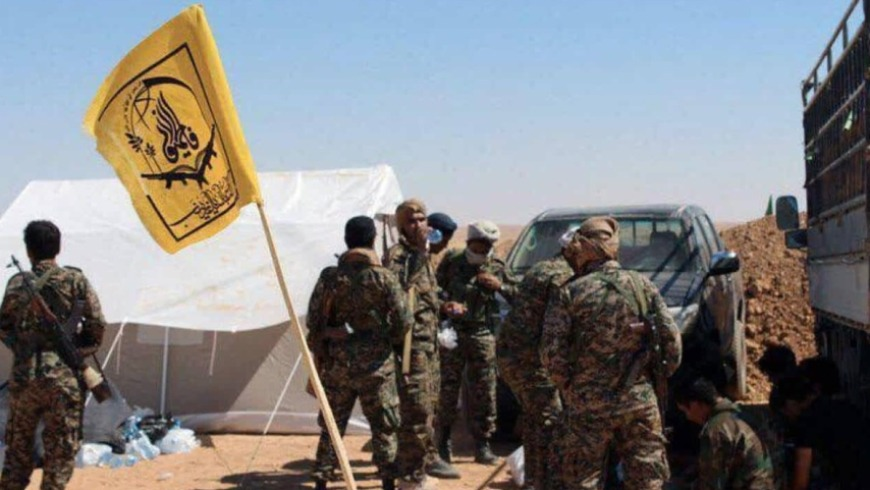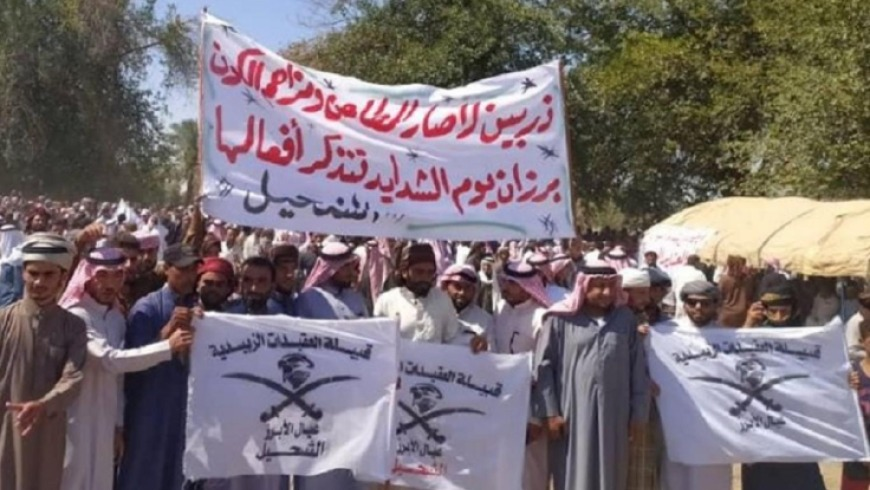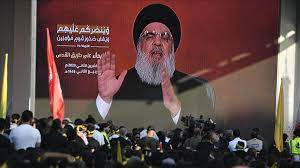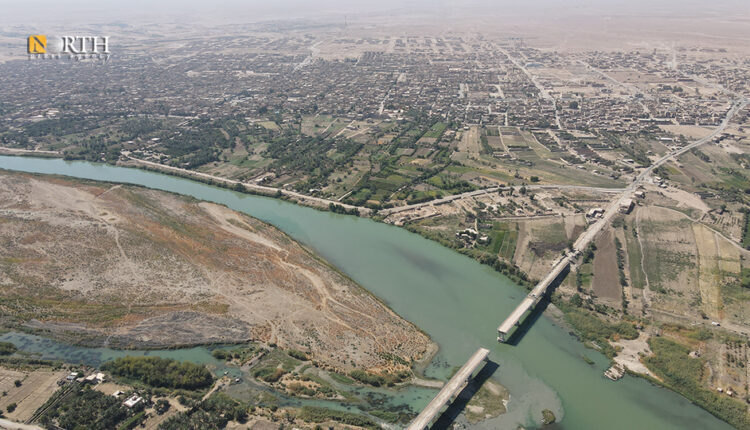Houthis target U.S. warship, commercial vessels in the Red Sea
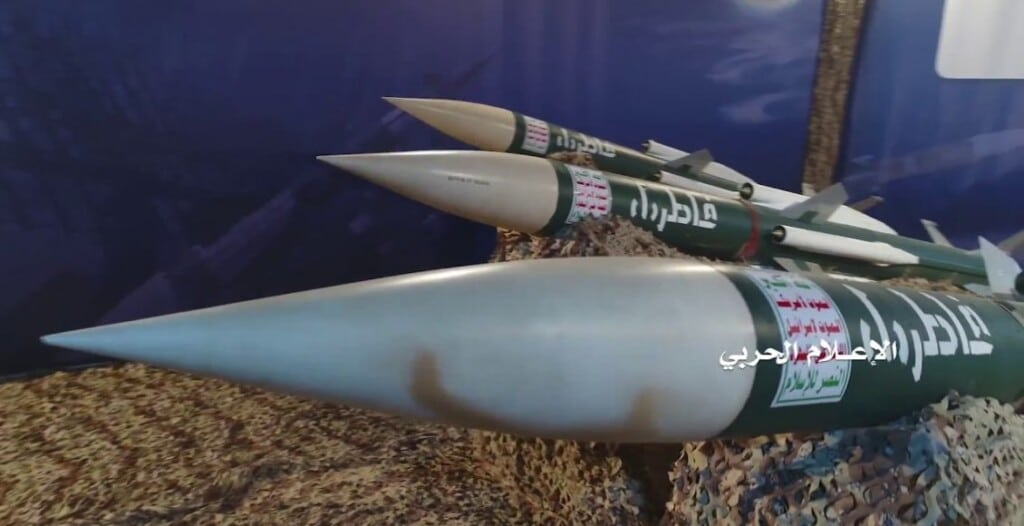
The Iranian-backed Houthis fired missiles and drones at three commercial vessels and a U.S. warship in the Red Sea. The Houthis claimed credit for targeting the commercial vessels Unity Explorer and Number Nine, while the Pentagon confirmed that it downed missiles and drones that were fired from Yemen. Today’s attack is the latest by the Houthis against international shipping, which the terror group claims is designed to support Hamas as Israel targets it in Gaza.

